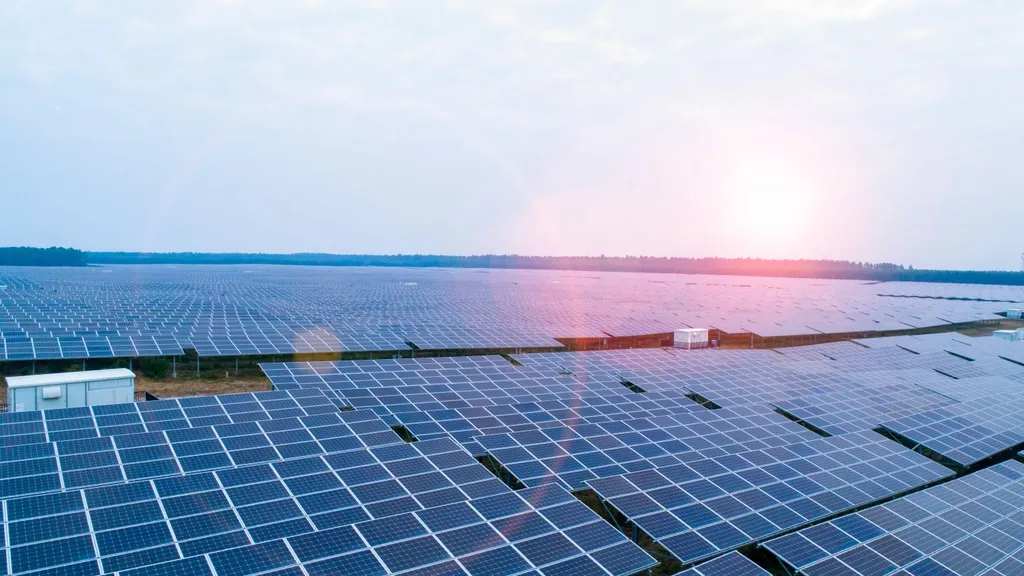Vikram Solar has taken a significant step in bolstering India’s solar manufacturing capabilities with the commissioning of its new 5GW advanced module production facility in Vallam, Tamil Nadu. This expansion brings the company’s total manufacturing capacity to an impressive 9.5GW, solidifying its position as a key player in India’s automated solar module manufacturing sector.
The Vallam facility, spanning 27,000 square meters, is a testament to technological advancement in India’s clean energy sector. It incorporates cutting-edge automation, intelligent robotics, and advanced material-handling systems, all designed to enhance manufacturing precision, increase throughput, and improve process reliability. The plant’s compatibility with TOPCon technology and formats like M10, G12, and G12R underscores Vikram Solar’s commitment to futureproof technology and international quality standards.
Gyanesh Chaudhary, Chair and Managing Director of Vikram Solar, expressed the significance of this milestone, stating, “Vallam is a defining milestone for Vikram Solar and for India’s solar manufacturing story. Commissioning this 5GW facility within the year was a bold commitment, and delivering on it signals our readiness for the scale, speed, and innovation the next decade demands.”
The Vallam facility joins Vikram Solar’s existing plant in Oragadam, Tamil Nadu, and complements the upcoming Gangaikondan facility. This strategic expansion aligns with Vikram Solar’s vision to anchor advanced solar manufacturing and green technology innovation in the state. The modules produced at Vallam will cater to a diverse range of customers, including utility-scale developers, commercial and industrial customers, and distributed generation projects, supporting India’s renewable energy targets.
This development is poised to shape the solar energy sector in several ways. Firstly, it reinforces India’s growing capabilities in advanced solar manufacturing, potentially attracting more investments and fostering technological innovation. Secondly, the increased production capacity can drive down costs, making solar energy more accessible and accelerating India’s transition to renewable energy. Lastly, the focus on automation and quality control sets a new benchmark for the industry, encouraging other manufacturers to upgrade their facilities and processes.
As India progresses towards its renewable energy goals, the commissioning of the Vallam facility serves as a reminder of the pivotal role that advanced manufacturing and technological innovation play in shaping the future of the solar energy sector.

